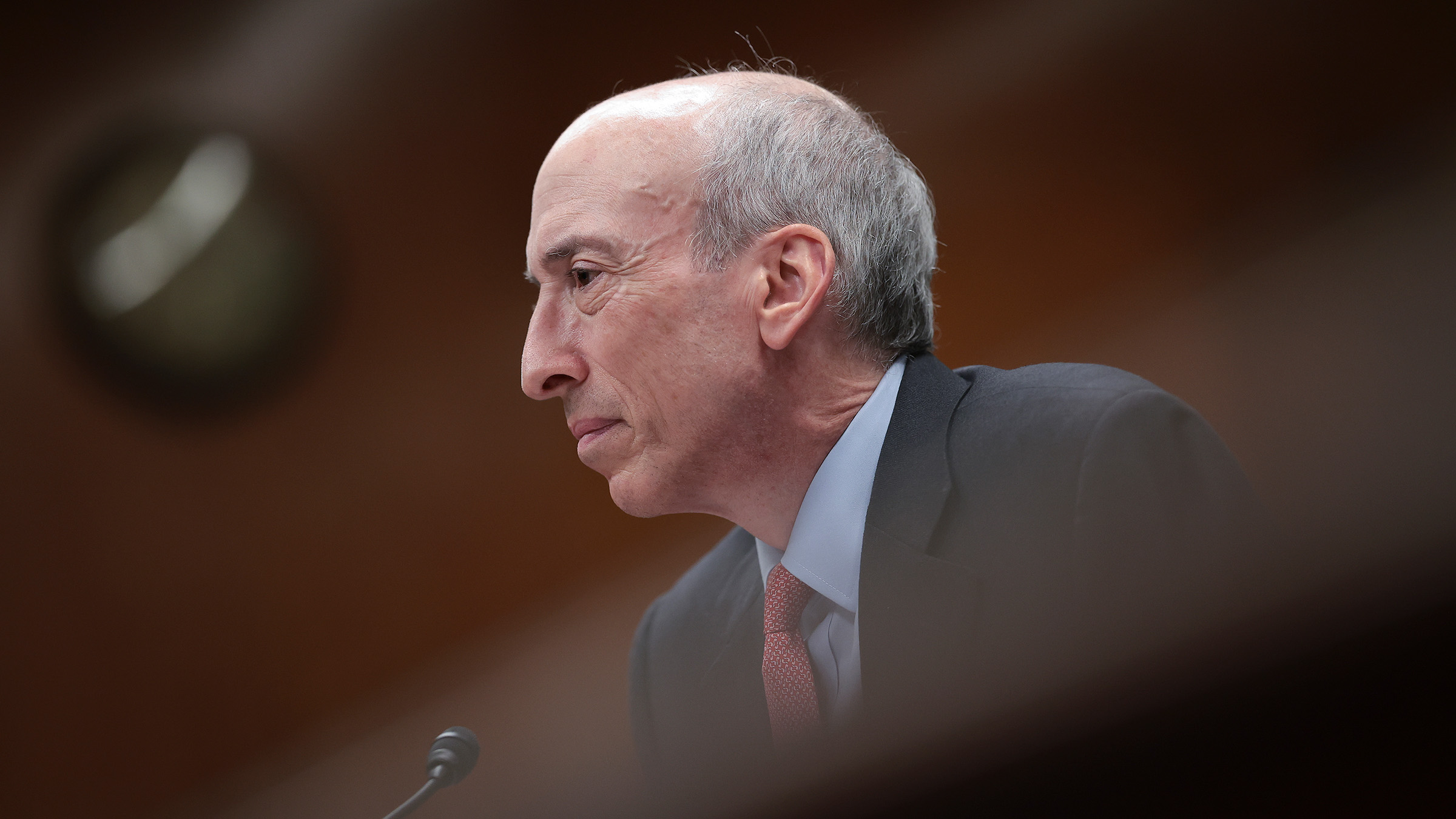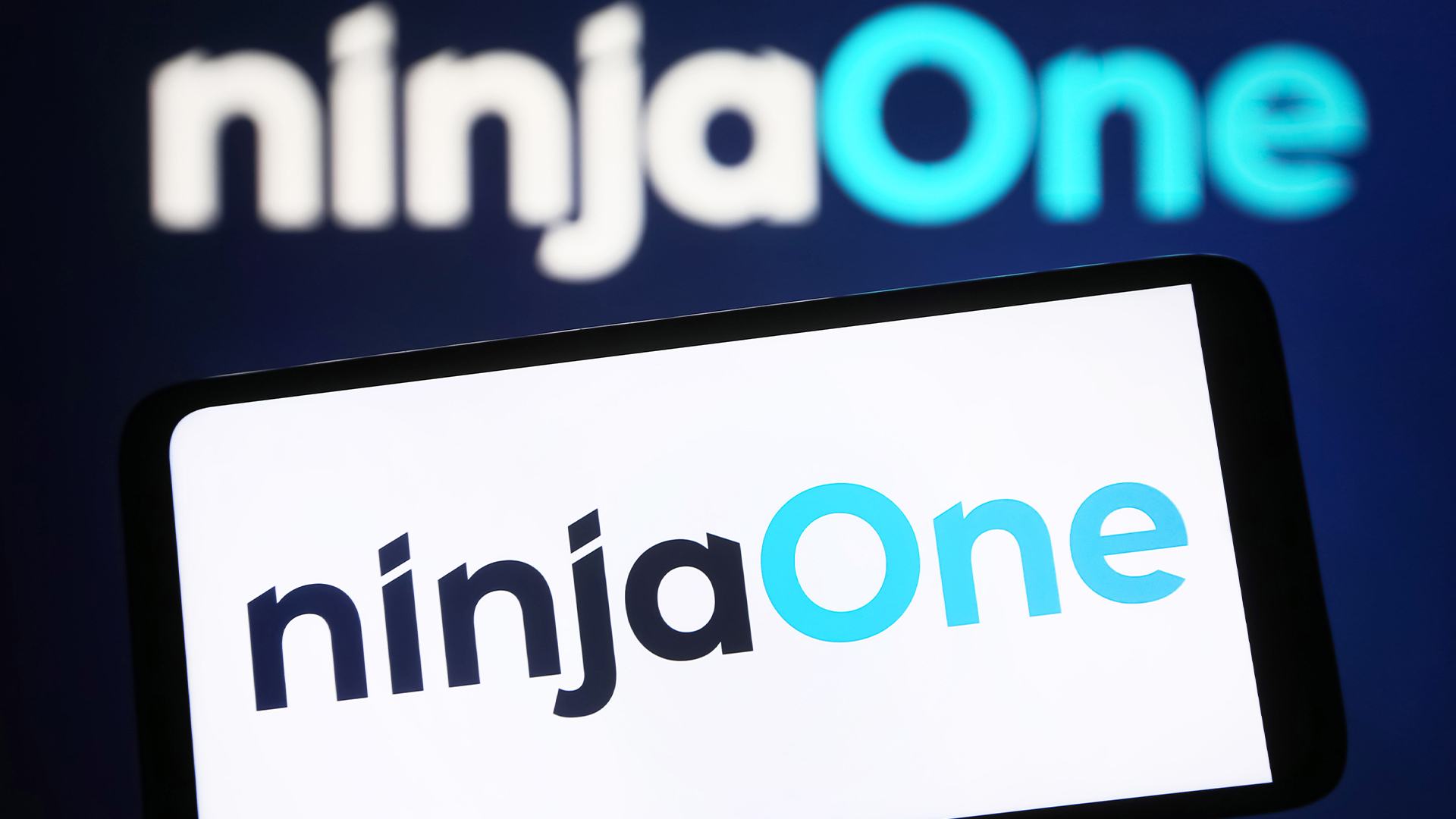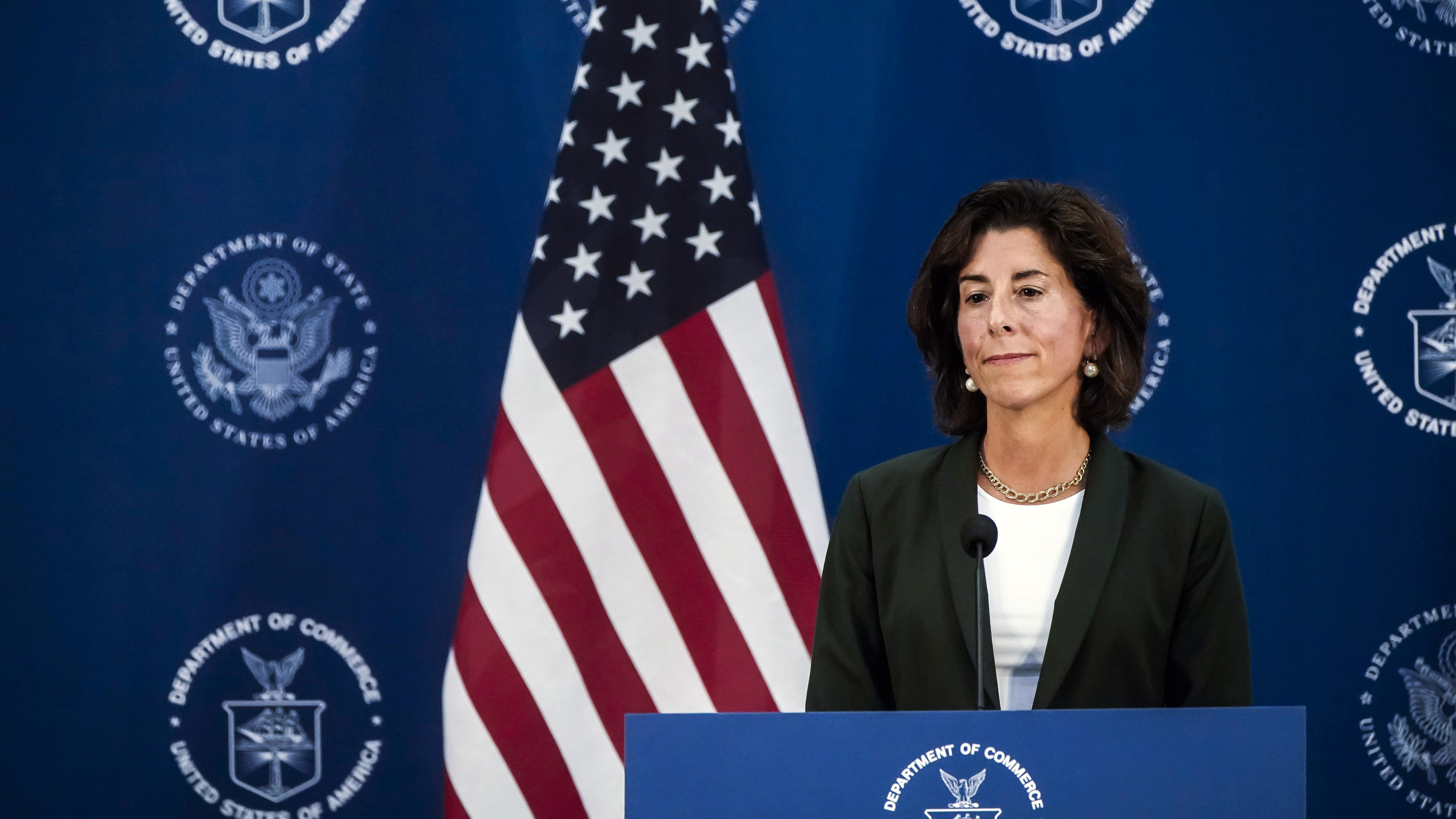SEC passes rules compelling US public companies to report data breaches within four days
Foreign entities trading publicly in the US will also be held to comparative standards


Public companies will be held to far stricter reporting standards around cyber security incidents after the Securities and Exchange Commission passed rules which require disclosure of events within four days.
The new ‘Form 8-K’ requirements compel companies to report any cyber security incident they consider material within four business days of being discovered and give detailed insight into its timing, scope, nature, and impact.
All businesses will also be required to annually file information on their cyber security risks, strategy, governance, and any potential or prior incidents under a new item in Regulation S-K, the piece of regulation that lays out SEC filing requirements.
Foreign private issuers, meaning foreign companies with fewer than 50% of their voting securities in the hands of non-US residents, will be held to the same disclosure standards.
“Whether a company loses a factory in a fire – or millions of files in a cyber security incident – it may be material to investors,” said SEC Chair Gary Gensler.
“Currently, many public companies provide cyber security disclosure to investors. I think companies and investors alike, however, would benefit if this disclosure were made in a more consistent, comparable, and decision-useful way. Through helping to ensure that companies disclose material cyber security information, today’s rules will benefit investors, companies, and the markets connecting them.”
Required information in the annual 10-K reports includes the measures being taken by organizations to identify and prevent cyber security threats, the board of directors’ oversight, and management’s handling of cyber security risks.
Sign up today and you will receive a free copy of our Future Focus 2025 report - the leading guidance on AI, cybersecurity and other IT challenges as per 700+ senior executives
The changes are due to take effect within 30 days of the release’s publication in the federal register, while the four-day reporting window will take effect 90 days after this publication or 18 December 2023, whichever is later.
RELATED RESOURCE

Don’t just educate: Create cyber-safe behaviour
Get a game plan that will help build a cyber-resilient culture. Change employee behaviour and improve your security culture.
DOWNLOAD FOR FREE
Annual reports will be required from fiscal years ending on or after 15 December 2023.
The US Attorney General can delay the deadline of four business days for reports by up to 30 days in situations where the disclosure of the information has been deemed to pose a “substantial risk” to either public safety or national security.
A longer, 60-day delay is also allowed for in the final rule [PDF] in “extraordinary circumstances but requires notification in writing from the Attorney General. Beyond this point, the SEC reserves the right to grant additional delays on a case-by-case basis.
Commissioner Hester M. Peirce dissented against the final rule, and described it as a “test run for future overly prescriptive, overly costly disclosure rules covering a never-ending list of hot topics”.
Commissioner Peirce also suggested that threat actors could use the 8-K requirements to gain insight into businesses’ cyber security measures, as well as to identify lucrative targets for ransomware by probing reports for firms that indicate they stand to lose a lot in attacks.
Breaches under wraps

Bitdefender surveyed 400 IT professionals earlier this year and found that nearly half had been told to keep data breaches a secret, with US staff most likely to have obeyed.
71% of IT employees in the US reported that they failed to notify senior management or customers about breaches they suffered.
The report also found that staff in the UK, France, Germany, Spain, and Italy were least likely to keep a data breach secret. The finding is relatively unsurprising given that all five are bound by strict GDPR rules, or in the case of the UK GDPR-influenced rules.
The US has been behind countries in Europe on the matter of timely data breach notification for years. The GDPR introduced the mandatory 72-hour window for organizations to inform their nation’s data protection authority in 2018, and the UK has retained this even after leaving the EU.
Like the US’ new rules, exceptions can be granted in exceptional circumstances but failure to adequately report a breach can land organizations with sizeable fines of €10 million or 2% of a company’s annual revenue.
Fines are often a last-resort tactic used by regulators who generally agree that their primary role is to raise the quality of data protection and response to incidents rather than freely punishing offences.
The 72-hour window was introduced to improve the rights afforded to residents of countries bound by the GDPR’s rules, as well as raise corporate standards of data protection generally.
Until now, most organizations in the US have not been bound by such rules, bar some exceptions.
The Cyber Incident Reporting Act of 2022 requires organizations responsible for critical national infrastructure (CNI) to report cyber attacks to Cybersecurity and Infrastructure Security Agency within 72 hours from the time they believe the incident took place.
Notice of ransomware payments must similarly be made within 24 hours, and CISA holds the right to subpoena organizations that do not submit timely reports.
Private companies have less clear reporting guidelines, and as deadlines vary state by state there is often uneven insight into the threat landscape at a federal level.
Colorado requires firms to notify Colorado residents within 30 days of an incident occurring, and the state’s Attorney General if more than 500 residents are notified.
In contrast, Alabama only requires individuals involved in breaches to be notified if it’s found that it likely caused them significant harm.
Information security experts have called for a standardized information-sharing framework, to ensure companies not only provide timely reports but also give more detailed insight into attacks than the bare minimum.
The absence of mandatory reporting windows in the US has led to some cases where organizations that have suffered major breaches have been legally allowed to delay disclosure indefinitely, despite many of their clients and stakeholders being affected.
In 2021, GoDaddy took two months to disclose its data breach which exposed the names and email addresses of up to 1.2 million of its users, past and present.
Uber’s CSO infamously covered up a 2016 hack on the company, which exploited the same vulnerability as a separate 2014 attack. The incident saw the theft of the names and email addresses of 50 million users and 7 million drivers.
Allegations at the time of the cover-up’s discovery in 2017 also focused on an alleged $100,000 payment made by then-CSO Joseph Sullivan to the hackers in return for their silence.
Found guilty earlier this year, Sullivan is now serving a three-year term of probation and has been ordered to pay a $50,000 fine.

Rory Bathgate is Features and Multimedia Editor at ITPro, overseeing all in-depth content and case studies. He can also be found co-hosting the ITPro Podcast with Jane McCallion, swapping a keyboard for a microphone to discuss the latest learnings with thought leaders from across the tech sector.
In his free time, Rory enjoys photography, video editing, and good science fiction. After graduating from the University of Kent with a BA in English and American Literature, Rory undertook an MA in Eighteenth-Century Studies at King’s College London. He joined ITPro in 2022 as a graduate, following four years in student journalism. You can contact Rory at rory.bathgate@futurenet.com or on LinkedIn.
-
 What is Microsoft Maia?
What is Microsoft Maia?Explainer Microsoft's in-house chip is planned to a core aspect of Microsoft Copilot and future Azure AI offerings
-
 If Satya Nadella wants us to take AI seriously, let’s forget about mass adoption and start with a return on investment for those already using it
If Satya Nadella wants us to take AI seriously, let’s forget about mass adoption and start with a return on investment for those already using itOpinion If Satya Nadella wants us to take AI seriously, let's start with ROI for businesses
-
 UK’s ‘Tech Prosperity Deal' with US hits rocky ground
UK’s ‘Tech Prosperity Deal' with US hits rocky groundNews The US has reportedly threatened to pull out of the deal over the Digital Services Tax and broader economic disagreements
-
 ‘The UK must position itself as the destination of choice’ in wake of H-1B visa crackdown, tech policy group says
‘The UK must position itself as the destination of choice’ in wake of H-1B visa crackdown, tech policy group saysNews The UK has a massive opportunity to capitalize on the US government’s H-1B visa changes
-
 NinjaOne completes $270 million Dropsuite acquisition in 'major step forward' for data protection capabilities
NinjaOne completes $270 million Dropsuite acquisition in 'major step forward' for data protection capabilitiesNews The addition marks a “major step forward” for NinjaOne’s data protection and resilience efforts, said CEO Sal Sferlazza
-
 IDC warns US tariffs will impact tech sector spending
IDC warns US tariffs will impact tech sector spendingNews IDC has warned that the US government's sweeping tariffs could cut global IT spending in half over the next six months.
-
 What is the Data Use and Access Bill?
What is the Data Use and Access Bill?Aimed at boosting efficiency in the UK, the Data Use and Access Bill is designed to cut red tape around data use.
-
 US government urged to overhaul outdated technology
US government urged to overhaul outdated technologyNews A review from the US Government Accountability Office (GAO) has found legacy technology and outdated IT systems are negatively impacting efficiency.
-
 Strengthening your data resilience strategy
Strengthening your data resilience strategywebinar Safeguard your digital assets
-
 US proposes new ‘know-your-customer’ restrictions on cloud providers
US proposes new ‘know-your-customer’ restrictions on cloud providersNews The US aims to stifle Chinese AI competition with new restrictions on cloud providers to verify foreign data center users